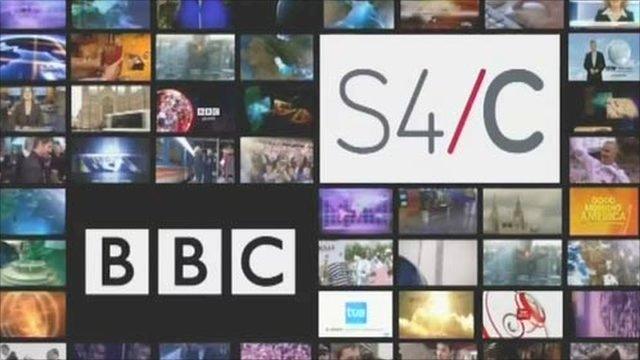White Paper: Wales to have role on new BBC management board
- Published
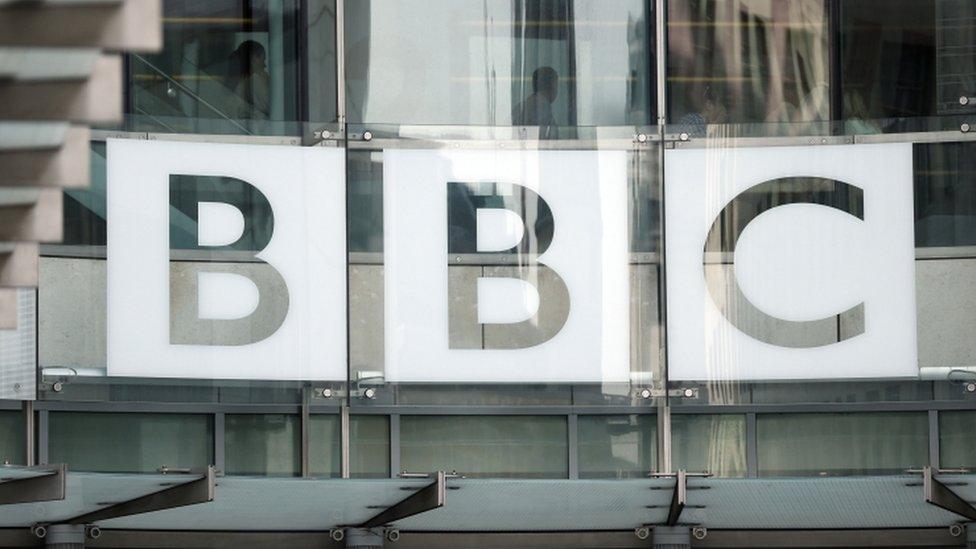
A Welsh representative will sit on the BBC's new management board, according to the UK government's plans for the future of the broadcaster.
The White Paper published ahead of the renewal of the BBC's Royal Charter in 2017 has recommended a non-executive member from Wales sits on the new unitary board.
Under the current system, a trustee for Wales has a seat on the BBC Trust.
The proposals were outlined by Culture Secretary John Whittingdale.
These include overhauling the existing structure of governance and senior management, and abolishing the trust governing the BBC.
The white paper also called for the BBC to continue its partnership with S4C, although a review of the Welsh language broadcaster in 2017 would determine its remit, funding and accountability arrangements.
Meanwhile, BBC director-general Tony Hall has written to the leaders of the devolved administrations, including the Welsh Assembly, to re-iterate the BBC's commitment to the nations.
Lord Hall has committed to spending more on English language programmes in all of the devolved nations, and will appoint a programme commissioner responsible for drama in Wales, Scotland and Northern Ireland.
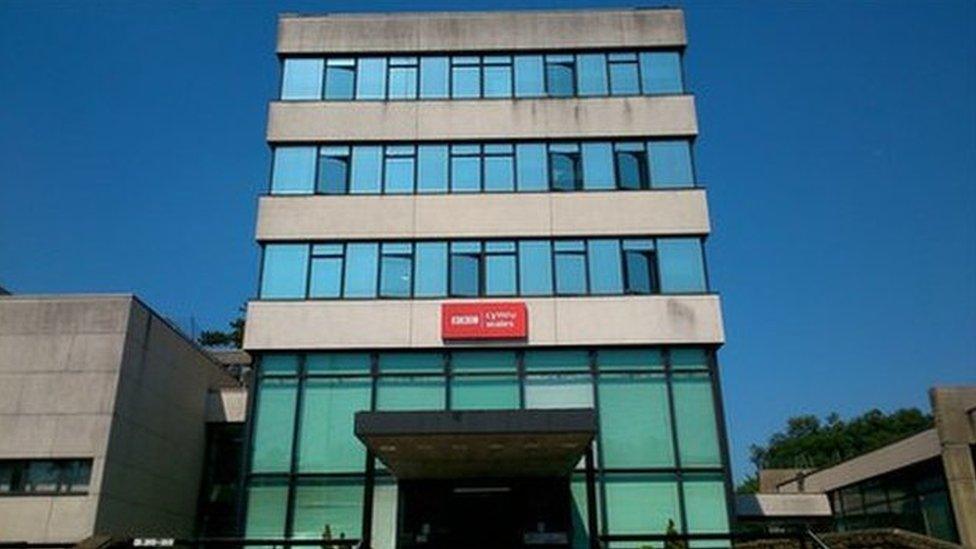
Broadcasting House in Cardiff has been home to BBC Cymru Wales since 1966
Objectives designed to improve the portrayal of Wales on network programmes will also be set.
Language campaigners have warned the changes could threaten S4C's independence.
Cymdeithas yr Iaith's digital spokesman Curon Wyn Davies said there was a risk the UK government will take decisions "which will harm the Welsh language", adding broadcasting needed to be devolved to Wales.
"The proposals suggest there is a further threat to S4C's independence," he said.
"Indeed, there is a major risk this could prepare the ground for further cuts and a wholesale gobbling up of the channel by the BBC."
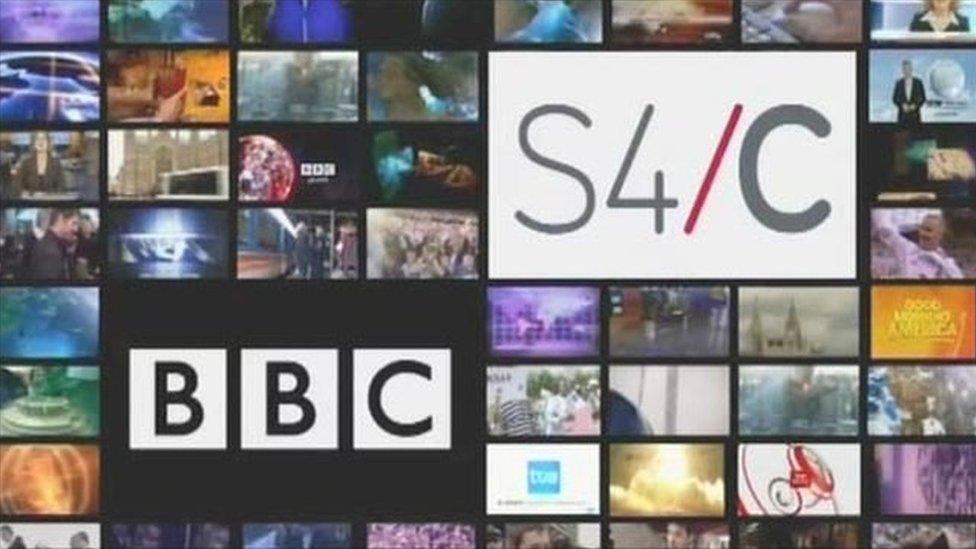
But S4C authority chairman Huw Jones welcomed the "specific and supportive reference to S4C".
"The references to ensuring the continued independence of S4C under the new provisions, together with the intention to ensure certainty and clarity of funding for the service, are to be welcomed greatly," he added.
"The independent review of S4C, which is to take place in 2017, can be expected to pay more detailed attention to the precise means by which these principles will be put into effect in the long term."
Independent think tank, the Institute of Welsh Affairs (IWA), expressed concern about some of the plans in the White Paper, including a proposal to create a centre for excellence in factual programming in Scotland but failing to "address the challenges for this area of programming in Wales".
Angela Graham, chair of the Media Policy Group of the IWA, said: "There is acknowledgement that more should be done to reflect Wales to itself and to the UK but no specifics about funding."
Welsh Secretary Alun Cairns said the BBC would continue to offer "distinctive content aimed at Welsh viewers, both in English and Welsh".
"The White Paper safeguards choice and ensures that Wales has a top table place on the BBC board running the corporation," he said.
"The fact that independent programme makers can now bid to make more BBC shows is a fantastic boost for Wales, which is already home to some of the UK's most exciting and innovative production companies making world-beaters like Hinterland."
- Published12 May 2016

- Published12 May 2016
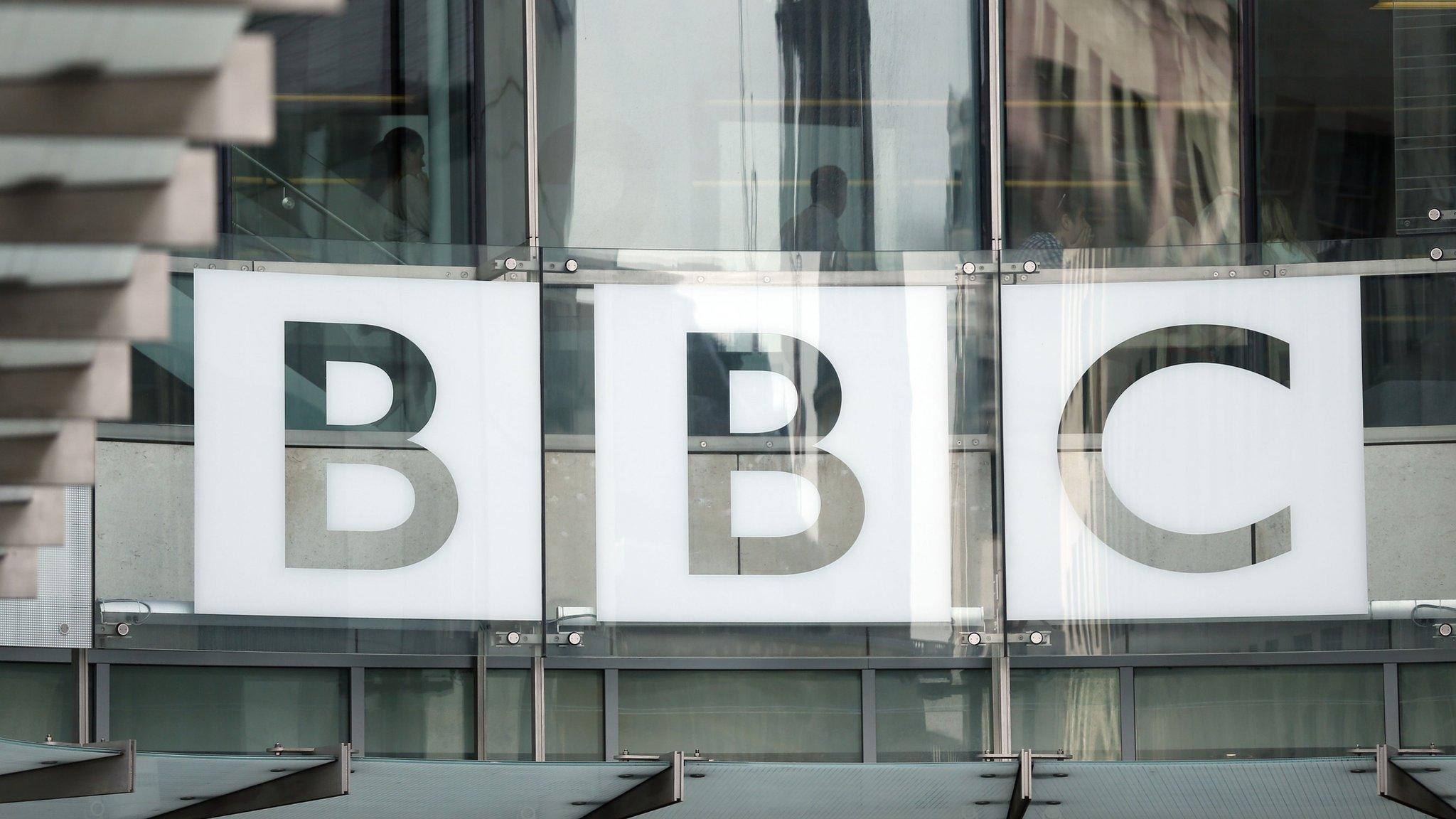
- Published26 November 2015
